An Alabama Supreme Court ruling in February has ignited a discussion among conservatives about what having a pro-life political position actually means.
The ruling declared that frozen embryos are children, throwing into doubt the legality of in vitro fertilization (IVF), a critical procedure that couples struggling with fertility rely on to have children. Since the ruling, competing groups have been working to establish the line on what positions a “pro-life advocate” must hold.
Political Influence

Politico reports that conservative organizations like the Heritage Foundation and the Ethics and Religious Liberty Commission have been working behind the scenes in recent weeks following the Alabama decision to influence Republican officials with concerns the groups have about IVF procedures.
These groups seek not to ban IVF completely but to have new restrictions put on like banning pre-implantation genetic testing and reducing the number of embryos that can be created.
What is IVF?
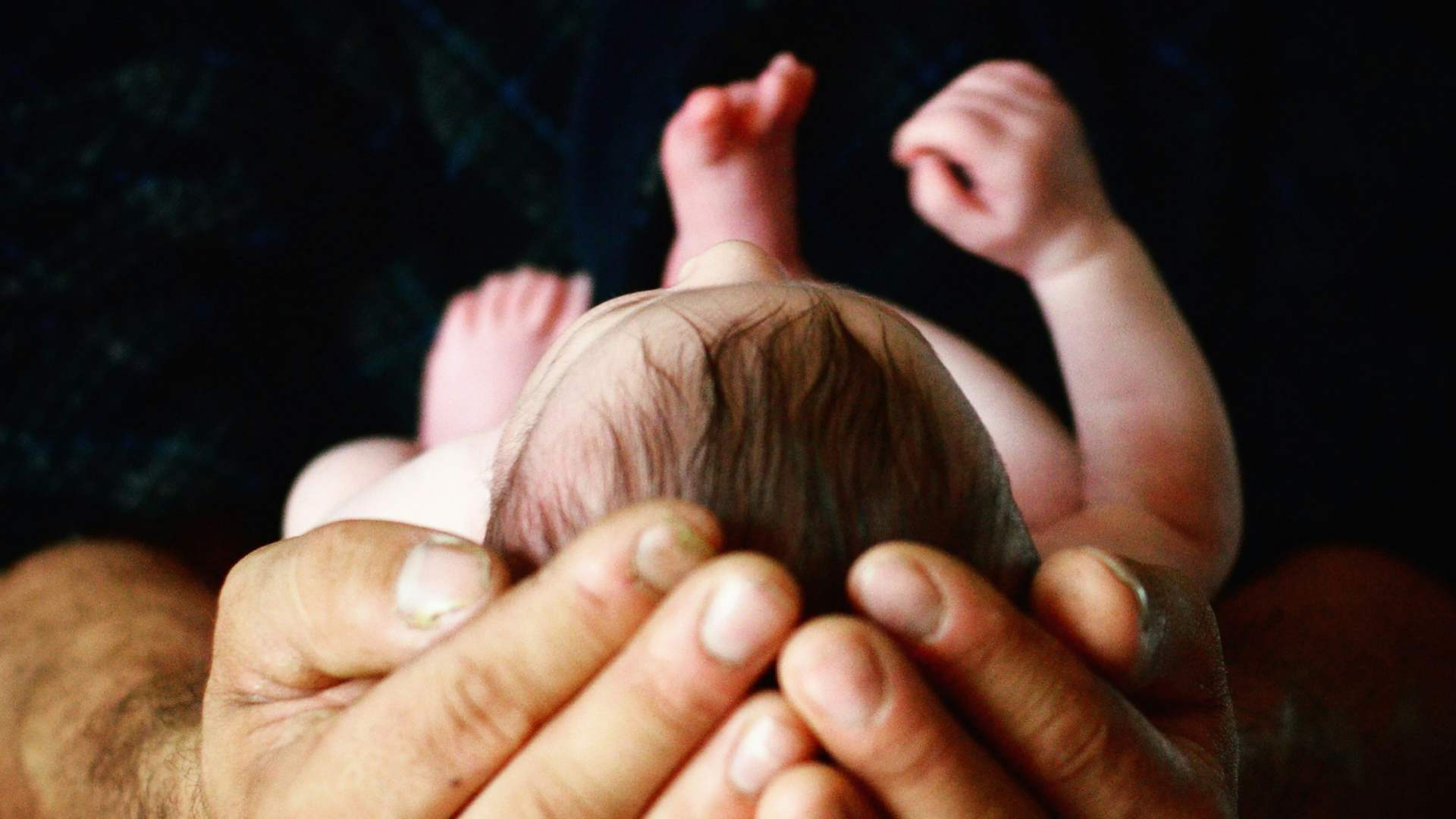
In vitro fertilization is a medical procedure intended to help a couple who have trouble conceiving a child naturally. The process involves the fertilization of an egg and sperm in a test tube or other area outside the body.
This process eliminates some of the common challenges of fertility-challenged couples, who may have not been able to conceive otherwise.
Moral Considerations

Conservative groups like the Heritage Foundation think that people should be morally concerned about fertility treatments like IVF.
“We’re at a junction where we could see a similar generational shift — where people begin to consider reproductive technologies not as a separate but as a part of their cohesive pro-life framework,” said Emma Waters, a senior research associate at Heritage Foundation.
Routine Destruction
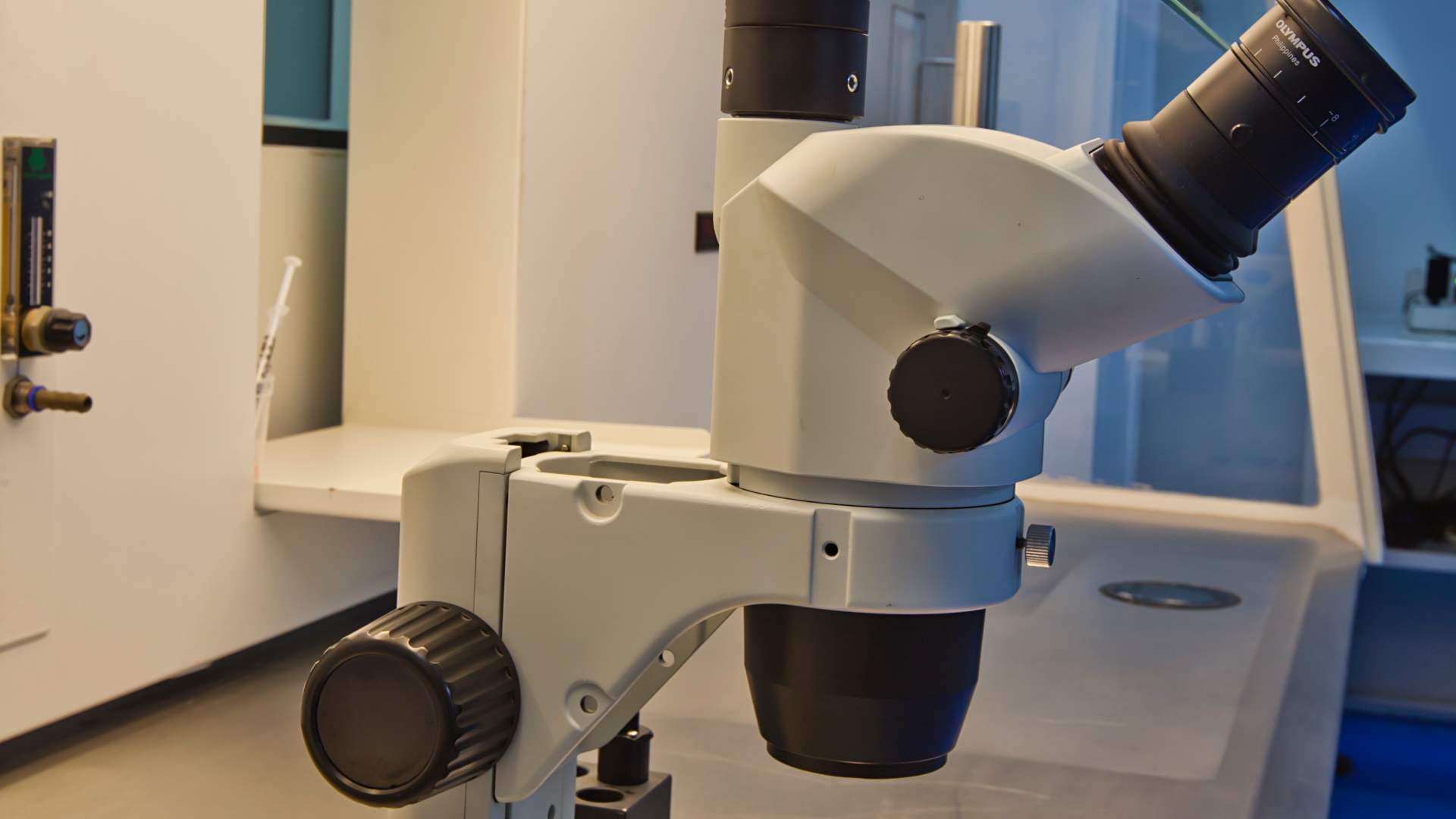
Waters outlines some concerns with IVF treatments in a March article she wrote for the Heritage Foundation.
“Many likely do not know that IVF treatments in the United States rely on the routine destruction of embryonic life, either intentionally or through neglect. Clinics often create a surplus of embryos to test them for the “best” genetic profile or to select embryos based on sex or physical features. Clinics routinely destroy unwanted embryos and may freeze some for later use,” Waters wrote.
Life at Conception

IVF challenges a commonly held belief among conservatives and pro-life advocates that “life begins at conception.” This argument is often used to justify a stance against abortion but is sometimes overlooked regarding IVF.
Former Vice President Mike Pence, who is a staunch pro-life advocate and opponent of abortion, has said fertility treatments like IVF “deserve the protection of the law.” Pence and his wife have benefitted from fertility treatments and have struggled with infertility in their marriage.
Donald Trump’s Position
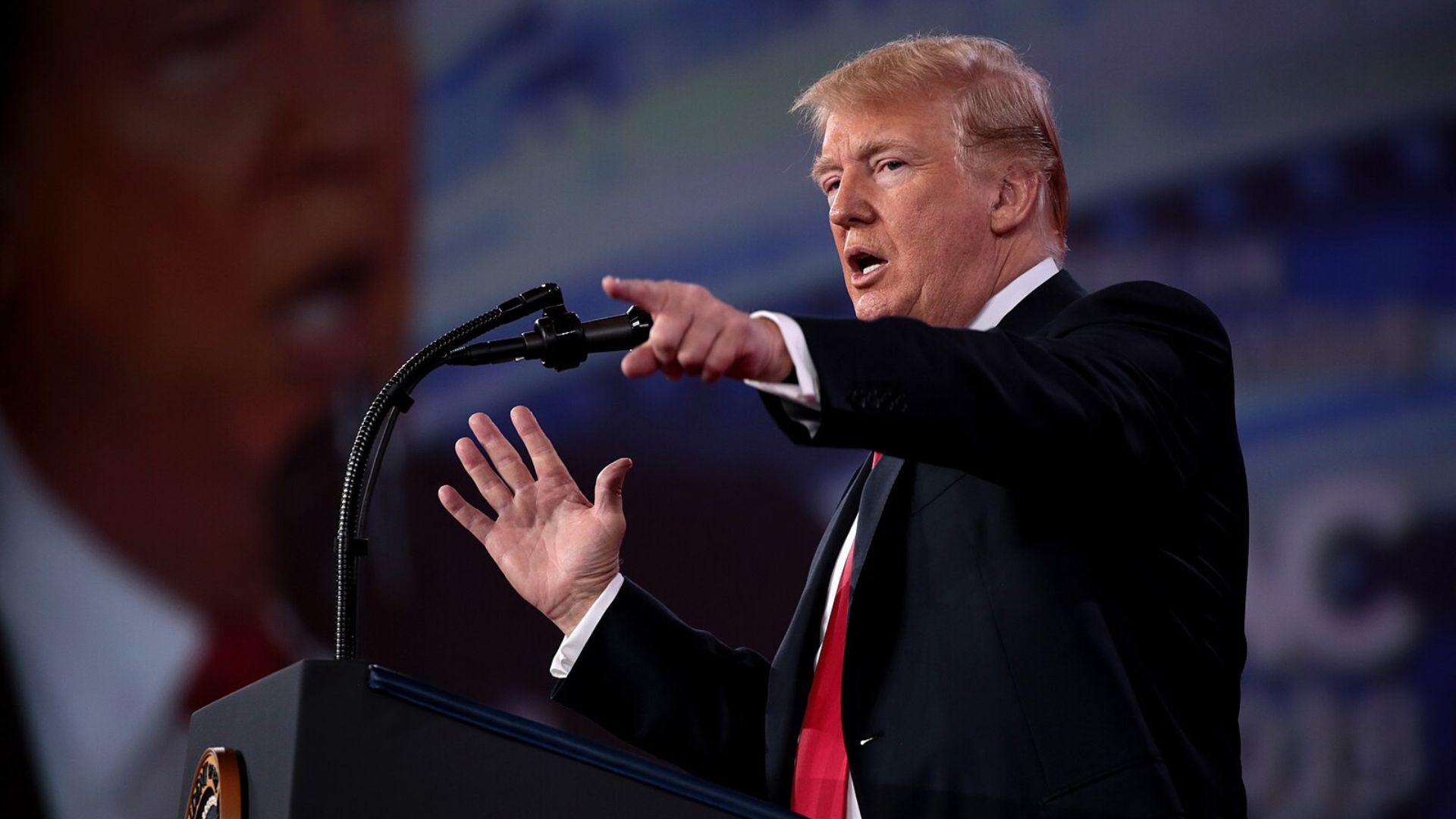
In the wake of the Alabama ruling, former President Donald Trump also came out with strong support for IVF. Trump said he would “strongly support the availability of IVF.”
Recent polling shows that a huge majority of Americans support IVF. A CBS News/YouGov poll in March found that 86 percent of Americans support keeping IVF legal while only 14 percent want to make it illegal.
Trump’s Comments
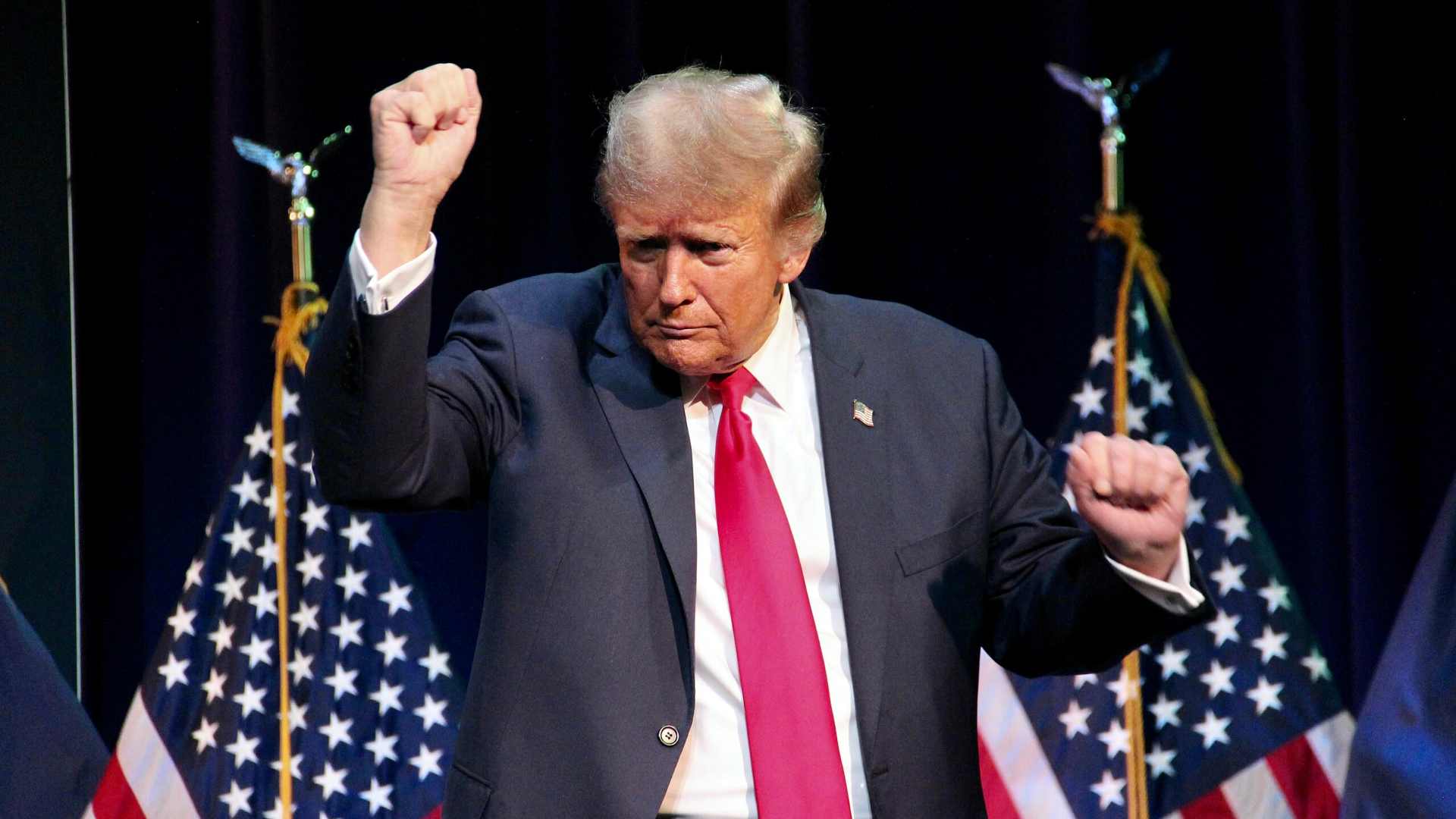
On the social media platform Truth Social, Donald Trump expressed that his views fall in line with the majority of Americans.
Trump wrote, “Like the OVERWHELMING MAJORITY of Americans, including the VAST MAJORITY of Republicans, Conservatives, Christians, and Pro-Life Americans, I strongly support the availability of IVF for couples who are trying to have a precious baby.”
Restorative Reproduction

Opponents of IVF advocate for a form of fertility treatment called “restorative reproduction.” They see fertility technologies like IVF as an attempt to circumvent the natural process of reproduction, which not only has a high ethical cost but discourages people from attempting to address the actual infertility issues.
Restorative reproductive treatments involve “medical and surgical treatments that cooperate completely with the reproduction system.”
Evangelicals

A solid block of pro-life advocacy exists among conservative evangelical Christians in America. They have long stood strong in their opposition to abortion. However, many evangelical denominations have not taken a firm stance on fertility treatments like IVF.
The Heritage Foundation has criticized protestants and evangelical Christian denominations for not taking a strong stand on this issue.
Senate Bill Blocked
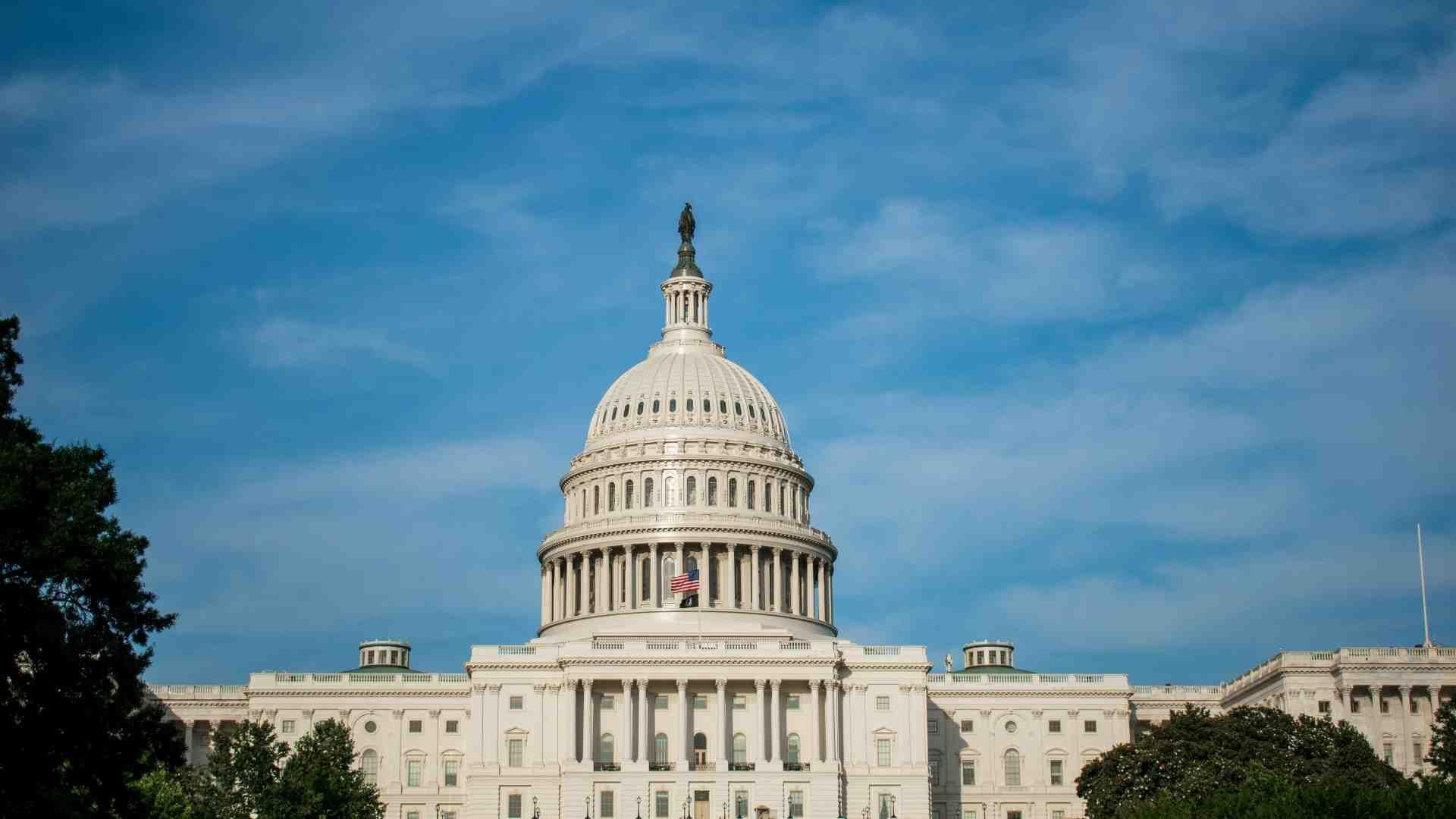
Despite support for IVF among Republicans, a bill in the United States Senate to protect IVF was ultimately stopped thanks to Republican opposition. The bill if passed, would have made IVF federally protected across the nation.
Republican senator from Alabama Cindy Hyde-Smith said “The bill before us today is a vast overreach that is full of poison pills that go way too far.”
Democrat Hopes

While the IVF issue is dividing conservatives, Republicans, and advocacy groups; Democrats hope the division will help them in the upcoming election.
These Democrats hope to exploit the discrepancy that the American public, even Republicans, generally approve of IVF to further hammer their political opponents over a failure to stand in support of protecting it.
